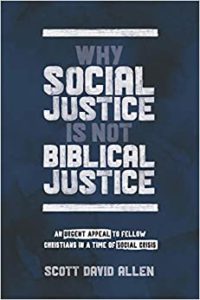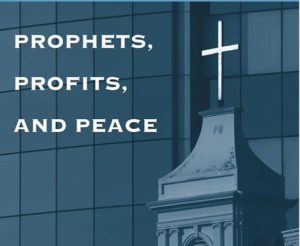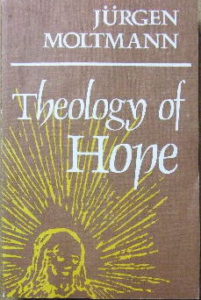 Philosophical and Social Origins of Identity Politics and the LGBTQ Sexual Revolution. Part 2.
Philosophical and Social Origins of Identity Politics and the LGBTQ Sexual Revolution. Part 2.
Turning and turning in the widening gyre
The falcon cannot hear the falconer;
Things fall apart; the centre cannot hold;
Mere anarchy is loosed upon the world,
The blood-dimmed tide is loosed, and everywhere
The ceremony of innocence is drowned;
The best lack all conviction, while the worst
Are full of passionate intensity.
W.B. Yeats, The Second Coming
A) Loss of meaningful sacred order and providence
Since antiquity, people acknowledged that there is a natural order of law and morals. Life is best lived when it is lived in accordance with the requirements of natural order. Among the Greeks, the Stoics taught that man must live in harmony with the rational and purposive order in nature. Ancient Israel also acknowledged a natural order, one that is implanted into creation by the Creator. According to the sages of ancient Israel, knowledge of God comes from experiencing God’s activity in the world. Faith in God’s providence means trusting in the reliability of the creation which the benevolent God has ordered to support human life and guide man in his moral knowledge and action. Gerhard von Rad explains, “This order [of creation] was, indeed, simply there and could, in the last resort, speak for itself. The fact that it quietly but reliably worked towards a balance in the ceaselessly changing state of human relationships ensured that it was experienced over and over again as a beneficent force. In it, however, Yahweh himself was at work in so far as he defended goodness and resisted evil. It was he who was present as an ordering and upholding will in so far as he gave a beneficent stability to life and kept it open to receive his blessings.” Continue reading “All that is Solid Melts into Air: The Recentred but Empty Self”
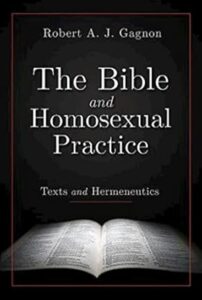
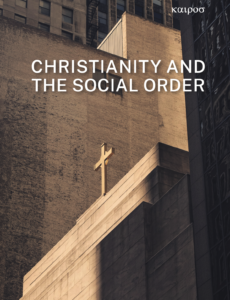

 Philosophical and Social Origins of Identity Politics and the LGBTQ Sexual Revolution. Part 3.
Philosophical and Social Origins of Identity Politics and the LGBTQ Sexual Revolution. Part 3. Philosophical and Social Origins of Identity Politics and the LGBTQ Sexual Revolution. Part 2.
Philosophical and Social Origins of Identity Politics and the LGBTQ Sexual Revolution. Part 2.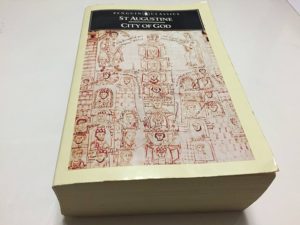 Citizens of two cities
Citizens of two cities 350 pages, 8.3” x 5.8” x 0.85”
350 pages, 8.3” x 5.8” x 0.85”